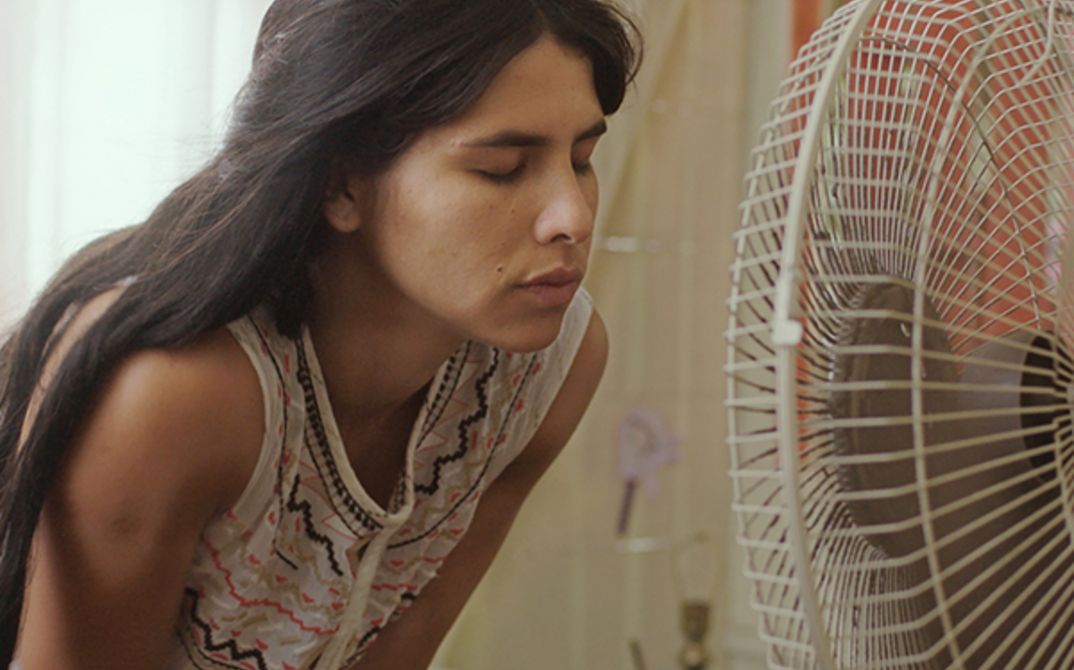What makes women give themselves up?
‘Nothing could be more dangerous and delicate than an anthill.’
(Roberto Calasso, 1998)
I come from a family of strong women. My paternal grandmother, head of the household, raised her seven children alone. My maternal grandmother had eleven children, my mother five. All my memories of love revolve around situations or conversations with my mom, my sisters, my aunts, my grandmothers. I learned about love from them. They unknowingly taught me that love should be unconditional, indulgent, they taught me to place others first, to love in a ‘maternal’ way.
We seldom relate machismo with love. And we rarely associate it with the more feminine side we think we have. Maternal love is often macho, and these patterns that we learn, we repeat them in the different spheres of our lives. Learning to love is a political act.
With EL DESPERTAR DE LAS HORMIGAS I wanted to reflect on those small actions that daily teach us women to please, serve, attend, be married, be mothers, be for others – teachings and expectations that do not arise from bad intentions, but out of tradition.
I wanted to tell a story that portrays that idealised and macho motherly love that leads us to give ourselves to others and forget about ourselves. Isabel is a simple woman. She has never questioned what it is she wants. Her femininity, sexuality and personal fulfilment have been defined through the expectations of others, which she, without reflection, assumed as her own. Life found her in her 30s, married with two daughters, with a husband from a large family who states very clearly what is expected of her. Isabel begins to doubt things. And from that doubt arises a great and silent revolution.
The third wave of feminism
We are currently living the third wave of feminism, in a context of great mobilisation, where women around the world shout in unison #NiUnaMenos and #MeToo. With EL DESPERTAR DE LAS HORMIGAS, I seek to explore the unspoken acts of violence, those that are silenced, those that are kept at home. Abuse and micro-machismo are taught behind closed doors through small actions. It is our responsibility to break the silence, abandon our habits and re-educate our children through love. This is the real revolution.
To me, this movie represents the fears and insecurities that accompany the process of discovering yourself as a woman in a changing world, which at times gives you permissive glimpses, allowing you to believe you can decide, but constantly tempts you with tradition. We are still infinitely conservative. Isabel – just like me – understands that she has to stop to simply be and decide who she wants to be.
The story of Isabel in EL DESPERTAR DE LAS HORMIGAS is part of a transmedia project which seeks to explore sexuality in the vital stages of women. The project is interdisciplinary and collaborative and invites artists from all over the world to create a collective mosaic of honest experiences about femininity and sexuality in order to demystify them and provoke a rupture with the violence inherent in traditional gender roles. Ever since I showed my short films in the Costa Rican countryside for the first time, I knew that I wanted to show this aspect of Costa Rican life. The audience had never seen themselves depicted on the big screen, and when I saw their reactions and heard their comments, I realised I had to keep working on the subject of their lives.
The lack of sexual education
I need to tell stories, I need to connect with the audience and film is the most beautiful way I have found to explore human behaviour and express the stories I need to tell. Writing the script for EL DESPERTAR DE LAS HORMIGAS was a deeply personal as well as political way of pursuing this interest.
After the Costa Rican government started introducing sex education programmes in public schools a few years ago, a group of parents united under the slogan ‘I educate my children,’ which unfortunately perpetuates the myths around sexuality. It is clear that the lack of discussion about sexuality results in high rates of teen pregnancy, illegal abortions, sexual violence, as well as frustration and dissatisfaction. This scenario is repeated in many other Latin American countries. Learning about healthy sexuality, with women able to exercise the right to decide on their own bodies, and learning about the responsibility that we have for our own pleasure and satisfaction, is also a political act. (Antonella Sudasassi Furniss)
